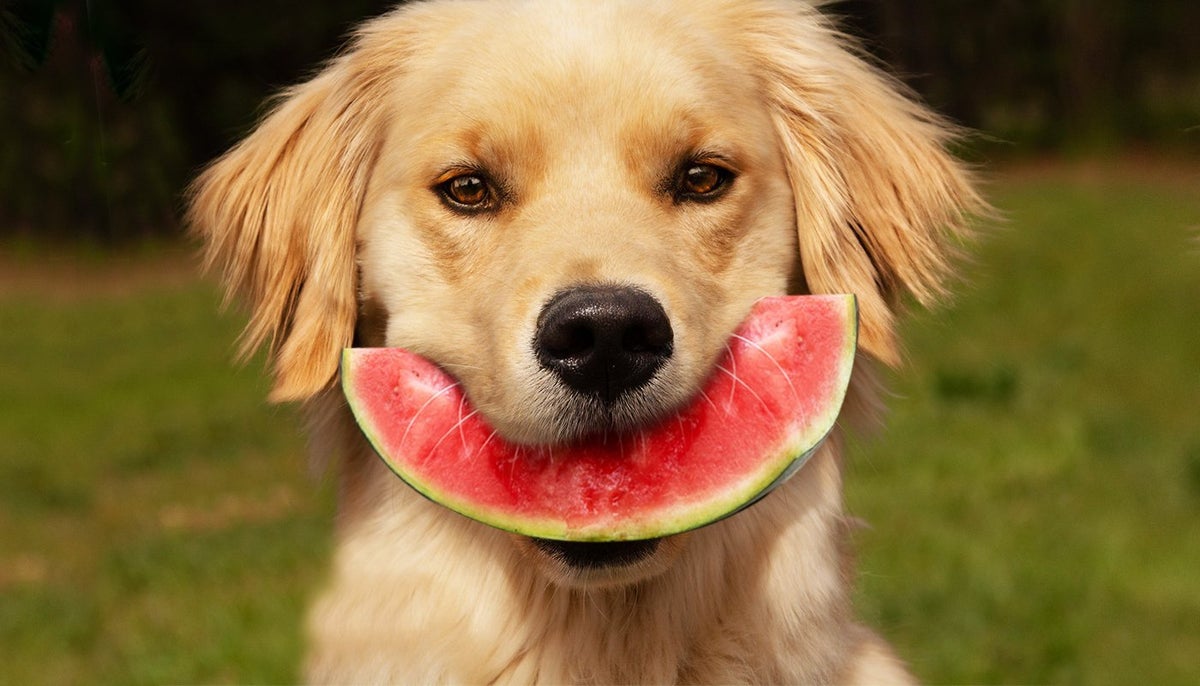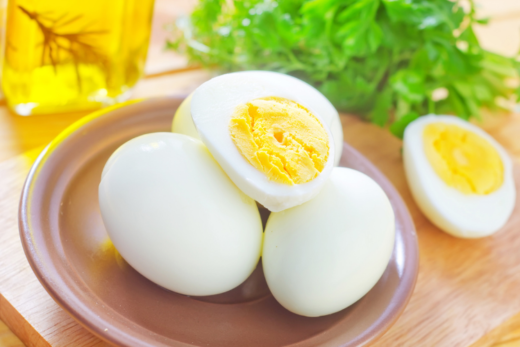
If you’ve enjoyed a day by the pool or at a picnic while eating watermelon, you may have seen your dog gazing with longing eyes. But before offering your pup a slice, you may have wondered, can dogs eat watermelon?
Is watermelon okay for dogs, or is it on the ever-growing list of human foods you should never feed your dog?
When it comes to watermelon, dogs can enjoy it. Watermelon is even healthy for canines when fed correctly in moderate portions.
But, every owner should be aware of some health hazards before feeding their dog the wrong bits with the juicy pink flesh.
Can Dogs Eat Watermelon?
Yes, dogs can eat watermelon, just not all of it. The sweet fleshy bit is a relatively healthy snack when it’s balled or given to your dog in chunks without the seeds.
But keep in mind that the seeds are indigestible and can cause intestinal blockage. Therefore, the seedless variety is best.
Also, the rind is tough and difficult to chew. A dog with indiscriminate eating, or pica, might well chew and swallow large pieces even if it doesn’t taste good.
These large chunks can become lodged in your dog’s digestive tract and cause a blockage. They can also upset your dog’s stomach and cause diarrhea or vomiting.
In short, if you take the time to remove the seeds and cut off the rind, watermelon can indeed make a healthy treat if fed in moderation.
What are the Benefits of Eating Watermelon for Dogs?
Not all dogs will eat watermelon, but those that do can derive some health benefits from it. So long as they aren’t eating the seeds or the rind, a bit of watermelon, relative to your dog’s size, is quite good for them.
According to Nutritiondata, watermelon is low in cholesterol, saturated fats, and salt. For overweight dogs, it is also low in calories, which makes it a good choice for a treat.
One cup of raw watermelon balls (154g or 5.4 ounces) contains a mere 46.2 calories and is 92% water, which can help your pup feel full even when they haven’t eaten much.
A further benefit is that the high-water content can keep your pup hydrated on a hot day and help avoid heatstroke.
Watermelon is also relatively high in potassium, with 173 mg per cup. Potassium is vital for your dog’s nerve impulse control, cell signals, and muscle contraction. Too little can result in poor growth, weakness, and even paralysis.
According to the Association of American Feed Control Officials, a dog’s diet should contain about 1.5g of potassium for every kilogram of food or about 1g for a dog that weighs around 30 pounds.
This means that a cup of watermelon balls can give a canine a healthy potassium dose, but not a dangerous amount.
Another plus about watermelon for dogs is that it is very high in Vitamin C or Ascorbic Acid. This is often an overlooked part of a dog’s diet.





